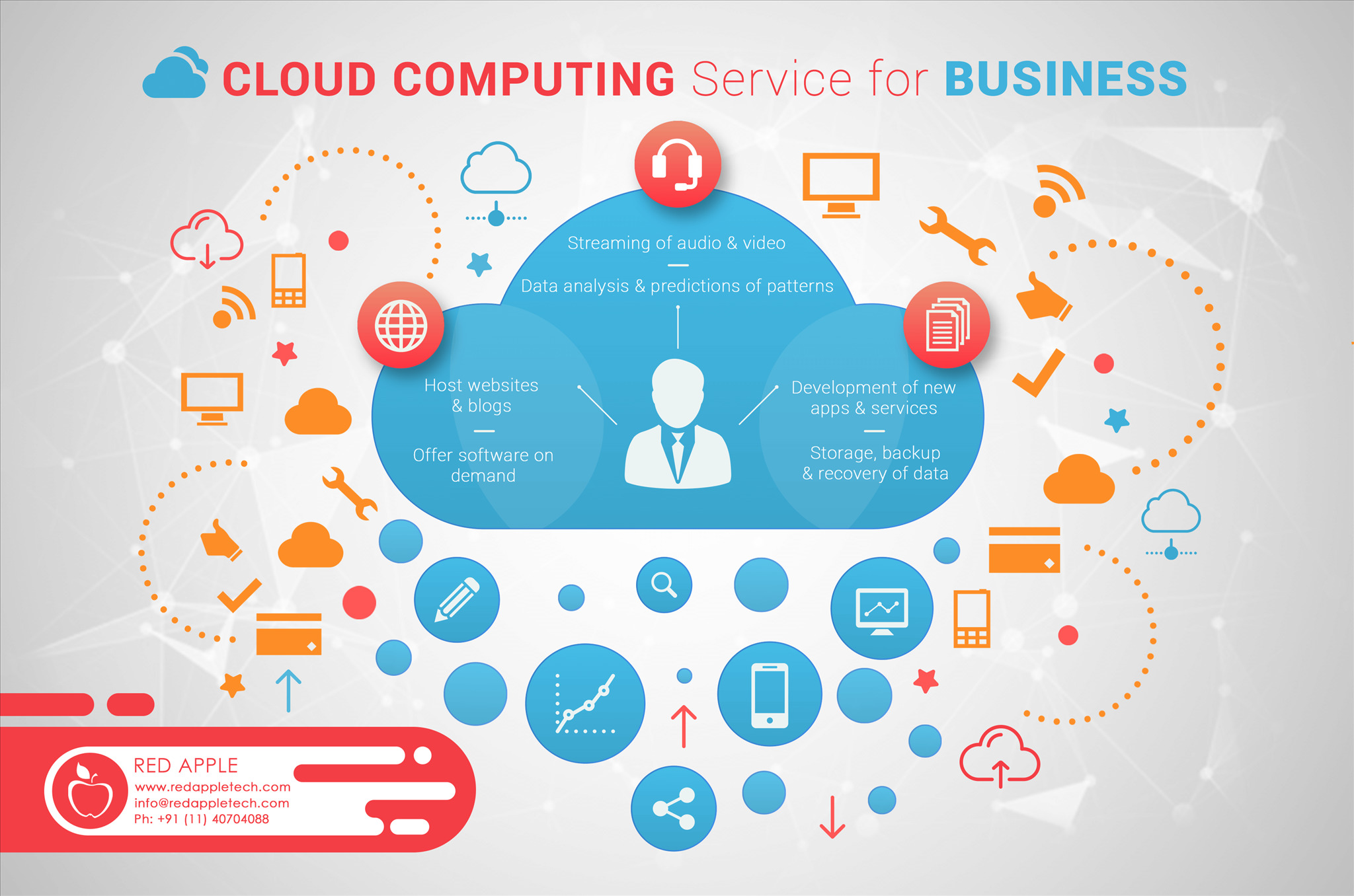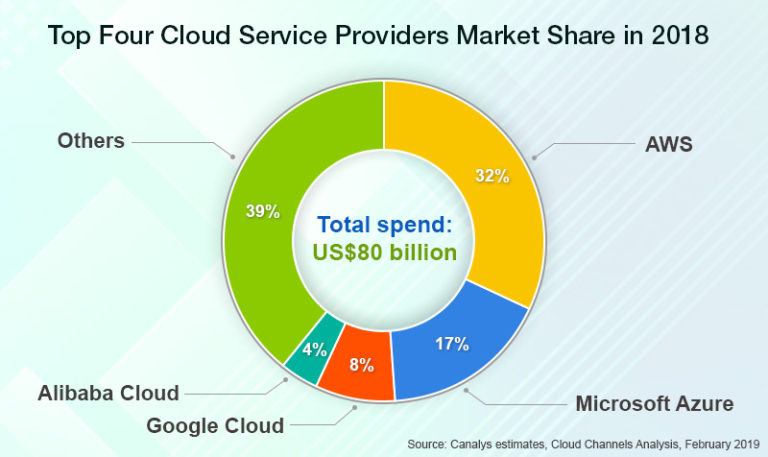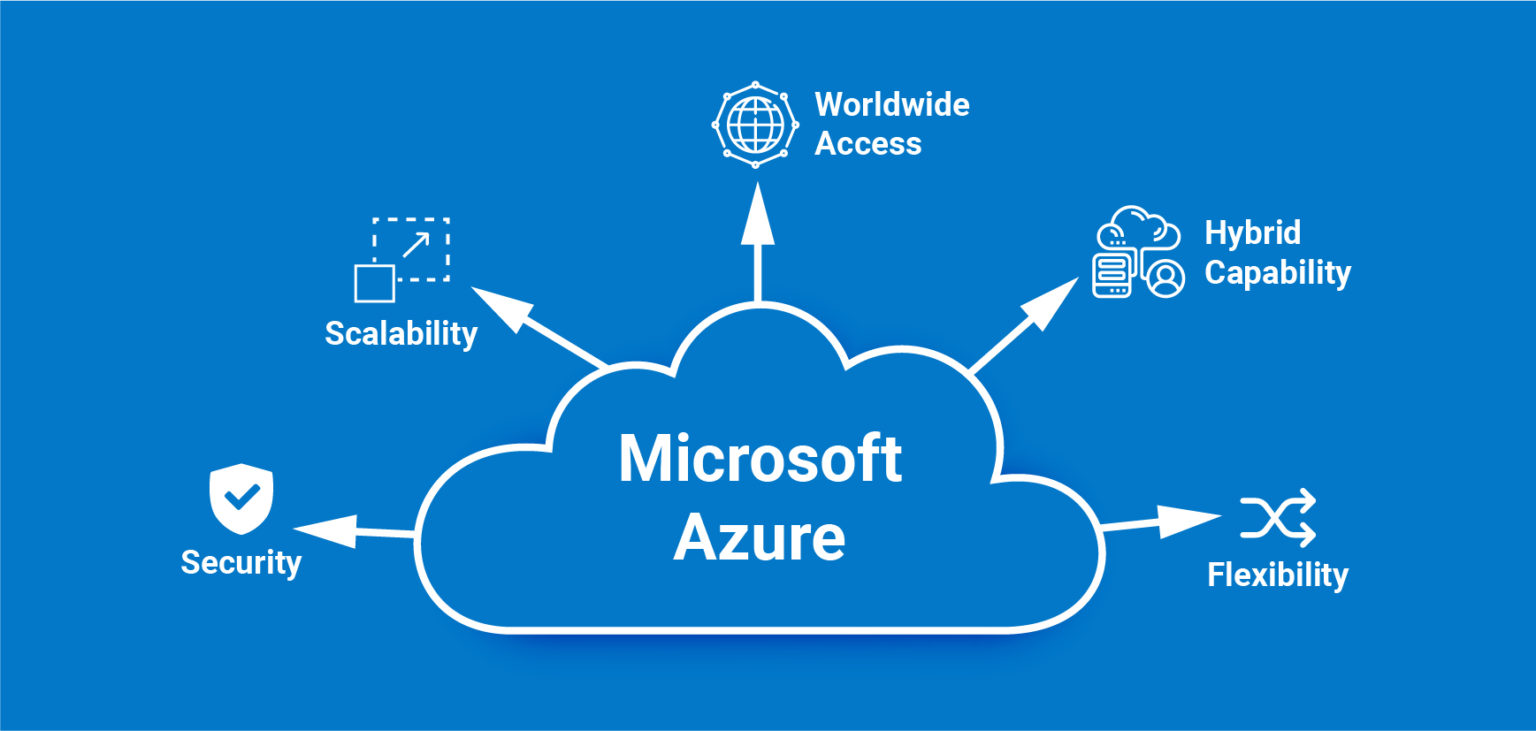Understanding Cloud Services: A Brief Overview
Cloud services have emerged as a transformative force in the modern business landscape, enabling organizations to access and utilize computing resources, applications, and data storage over the internet. These services offer unparalleled flexibility, scalability, and cost savings, making them an attractive option for businesses of all sizes. Given the multitude of cloud service providers and offerings available, it is crucial for businesses to choose the right provider to ensure optimal efficiency, security, and alignment with their unique needs.
Factors to Consider When Choosing a Cloud Service
Selecting the most suitable cloud service for a business involves careful consideration of several key factors. Cost is often a primary concern, as businesses must balance the need for affordability with the features and resources they require. Scalability is another essential factor, as the ability to quickly and easily adjust resources in response to changing business needs can significantly impact overall efficiency and competitiveness.
Security is a critical consideration for any organization utilizing cloud services. Ensuring that data and applications are protected from unauthorized access, breaches, and other threats is paramount. Businesses should evaluate the security measures offered by potential cloud service providers, such as encryption, access controls, and intrusion detection systems, to ensure they meet their specific security requirements.
Integration capabilities are also vital when choosing a cloud service. Seamless integration with existing systems, applications, and data sources can help streamline operations, improve productivity, and reduce costs. Businesses should assess the compatibility of their current infrastructure with potential cloud services and consider the ease of migration and ongoing management.
In summary, cost, scalability, security, and integration capabilities are crucial factors to consider when selecting a cloud service. By carefully evaluating these factors based on the unique needs and objectives of the business, organizations can make informed decisions and maximize the benefits of cloud services.
The Top Contenders in the Cloud Services Market
The cloud services market is dominated by a handful of leading providers, each with its unique offerings, strengths, and target audiences. Amazon Web Services (AWS) is the current market leader, with a substantial share of the cloud services market. AWS boasts an extensive range of services, including computing, storage, databases, and analytics, making it a versatile choice for businesses of all sizes.
Microsoft Azure is another prominent player in the cloud services market, known for its hybrid capabilities, seamless integration with Microsoft products, and AI and machine learning services. Azure is particularly beneficial for businesses already invested in the Microsoft ecosystem, as it allows for a smooth and cost-effective transition to cloud-based services.
Google Cloud Platform (GCP) is a strong contender in the cloud services market, emphasizing innovation, collaboration, and open-source technologies. GCP offers robust data analytics and AI capabilities, as well as partnerships with leading tech companies. Its competitive pricing model makes it an attractive option for businesses seeking a balance between cost and advanced features.
IBM Cloud is a secure and compliant solution for enterprises, offering strong security features, compliance offerings, and industry-specific solutions. IBM Cloud excels in AI services and containerization capabilities, making it an ideal choice for large enterprises in need of advanced, scalable, and secure cloud services.
In conclusion, the top contenders in the cloud services market include AWS, Microsoft Azure, Google Cloud Platform, and IBM Cloud. Each provider offers a unique set of services, strengths, and target audiences, making it essential for businesses to carefully evaluate their specific needs and objectives when selecting a cloud service provider.
Amazon Web Services (AWS): A Closer Look
Amazon Web Services (AWS) is the current market leader among the most popular cloud services, with a substantial share of the cloud services market. AWS offers an extensive range of services, including computing, storage, databases, and analytics, making it a versatile choice for businesses of all sizes.
AWS has gained popularity due to its robust infrastructure, global presence, and strong security measures. Its services are designed to cater to a wide array of industries and use cases, ensuring businesses can find the right tools to meet their specific needs. Some of the most notable features of AWS include its global infrastructure, which spans across multiple regions and availability zones, ensuring high availability and low latency for applications and services.
Security is another critical aspect of AWS, with the provider offering a wide range of security features, such as identity and access management, encryption, and firewall protection. AWS also adheres to various compliance standards, making it an attractive option for businesses operating in regulated industries.
In summary, AWS is a powerful and comprehensive cloud service provider, offering a wide range of services, robust infrastructure, and strong security measures. Its popularity and market share make it a top contender for businesses seeking a reliable and versatile cloud solution.
Microsoft Azure: A Comprehensive Platform for Businesses
Microsoft Azure is another leading player among the most popular cloud services, recognized for its hybrid capabilities, seamless integration with Microsoft products, and AI and machine learning services. Azure is particularly beneficial for businesses already invested in the Microsoft ecosystem, as it allows for a smooth and cost-effective transition to cloud-based services.
Azure’s hybrid capabilities enable businesses to leverage both on-premises and cloud-based resources, ensuring flexibility and optimal efficiency. This feature is particularly useful for businesses with existing IT infrastructure, as it allows for a gradual transition to the cloud, minimizing disruptions and reducing costs.
Integration with Microsoft products is another significant advantage of Azure. Businesses using Microsoft Office 365, Dynamics, or Power BI can easily integrate these services with Azure, streamlining operations and improving productivity. Moreover, Azure’s AI and machine learning services offer advanced capabilities for businesses looking to harness the power of data-driven insights and automation.
Microsoft Azure is also known for its competitive pricing, with various pricing models and options designed to cater to the unique needs of businesses. These pricing models include pay-as-you-go, reserved instances, and serverless computing, ensuring that businesses only pay for the resources they need and use.
In summary, Microsoft Azure is a comprehensive cloud platform for businesses, offering hybrid capabilities, seamless integration with Microsoft products, and advanced AI and machine learning services. Its competitive pricing and benefits for businesses already invested in the Microsoft ecosystem make it a strong contender among the most popular cloud services.
Google Cloud Platform (GCP): Powering Innovation and Collaboration
Google Cloud Platform (GCP) is another major player among the most popular cloud services, recognized for its focus on innovation, collaboration, and open-source technologies. GCP offers robust data analytics and AI capabilities, as well as partnerships with leading tech companies and a competitive pricing model.
GCP’s commitment to innovation and collaboration is evident in its strong focus on open-source technologies. By embracing and contributing to open-source projects, GCP fosters a vibrant ecosystem of developers and users, driving innovation and ensuring compatibility with a wide range of tools and platforms.
Data analytics and AI capabilities are among GCP’s key strengths. Its data analytics services enable businesses to process, store, and analyze large volumes of data, unlocking valuable insights and driving data-driven decision-making. Moreover, GCP’s AI services offer advanced capabilities in machine learning, natural language processing, and computer vision, empowering businesses to build intelligent applications and services.
GCP’s partnerships with leading tech companies, such as Salesforce, MongoDB, and SAP, further enhance its value proposition. These partnerships enable seamless integration with popular business applications and platforms, ensuring compatibility and improving overall efficiency.
GCP’s competitive pricing model is another significant advantage, with various pricing options and flexible contracts designed to cater to the unique needs of businesses. These pricing models include on-demand, sustained use, and committed use discounts, ensuring that businesses only pay for the resources they need and use.
In summary, Google Cloud Platform is a powerful and innovative cloud service, offering robust data analytics, AI capabilities, and partnerships with leading tech companies. Its focus on open-source technologies and competitive pricing model make it an attractive option for businesses seeking a flexible and cost-effective cloud solution.
IBM Cloud: A Secure and Compliant Solution for Enterprises
IBM Cloud is another major player among the most popular cloud services, known for its strong security features, compliance offerings, and industry-specific solutions. IBM Cloud caters particularly well to large enterprises, offering advanced AI services and containerization capabilities.
Security is a top priority for IBM Cloud, with the platform providing robust security features such as encryption, key management, and identity and access management. These features ensure that sensitive data remains protected, making IBM Cloud an attractive option for businesses operating in regulated industries or handling sensitive information.
Compliance is another key strength of IBM Cloud, with the platform adhering to various industry standards and regulations, such as GDPR, HIPAA, and PCI-DSS. This compliance focus ensures that businesses can operate confidently within the confines of their respective regulatory environments.
IBM Cloud’s industry-specific solutions offer tailored services and tools designed to meet the unique needs of businesses in various sectors, such as finance, healthcare, and retail. These solutions enable businesses to leverage cloud services while addressing industry-specific requirements and challenges.
IBM Cloud’s AI services are another significant advantage, with the platform offering advanced capabilities in machine learning, natural language processing, and automation. These AI services empower businesses to build intelligent applications and services, driving innovation and improving overall efficiency.
Containerization capabilities are also a strong suit of IBM Cloud, with the platform supporting popular containerization technologies such as Kubernetes and Docker. These capabilities enable businesses to efficiently manage and scale applications, improving overall agility and reducing costs.
In summary, IBM Cloud is a secure and compliant cloud solution for enterprises, offering advanced AI services, containerization capabilities, and industry-specific solutions. Its strong security features, compliance offerings, and tailored services make it an attractive option for large businesses seeking a robust and flexible cloud platform.
How to Choose the Right Cloud Service for Your Business
Selecting the most suitable cloud service for your business is a critical decision that requires careful consideration of various factors. By following a step-by-step approach, you can ensure that you choose a cloud service that aligns with your business needs and goals.
Step 1: Conduct a Thorough Needs Assessment
Begin by evaluating your business requirements, including the applications, workloads, and data you need to manage in the cloud. Consider factors such as performance, security, compliance, and scalability. This assessment will help you identify the cloud services that best meet your needs.
Step 2: Compare Features and Capabilities
Once you have a clear understanding of your requirements, compare the features and capabilities of the leading cloud services, such as AWS, Microsoft Azure, Google Cloud Platform, and IBM Cloud. Focus on the services and tools that are most relevant to your business, and assess each platform’s strengths and weaknesses.
Step 3: Evaluate Pricing and Cost Structures
Pricing is an essential factor when choosing a cloud service. Carefully evaluate each platform’s pricing model and cost structure, considering factors such as usage-based pricing, reserved instances, and long-term commitments. Ensure that you understand the total cost of ownership, including any hidden fees or charges.
Step 4: Test the Platform
Before fully committing to a cloud service, test the platform to ensure that it meets your performance, security, and compatibility requirements. This testing phase will help you identify any potential issues or limitations and give you the confidence to make an informed decision.
Step 5: Plan for Migration and Integration
Once you have selected a cloud service, plan for migration and integration. This process may involve data migration, application modernization, and the development of new cloud-native applications. Ensure that you have the necessary resources, skills, and expertise to manage this process effectively.
In conclusion, choosing the right cloud service for your business involves a thorough needs assessment, feature comparison, cost evaluation, platform testing, and careful planning for migration and integration. By following these steps, you can ensure that you select a cloud service that aligns with your business needs and goals, maximizing the benefits of cloud computing for your organization.







